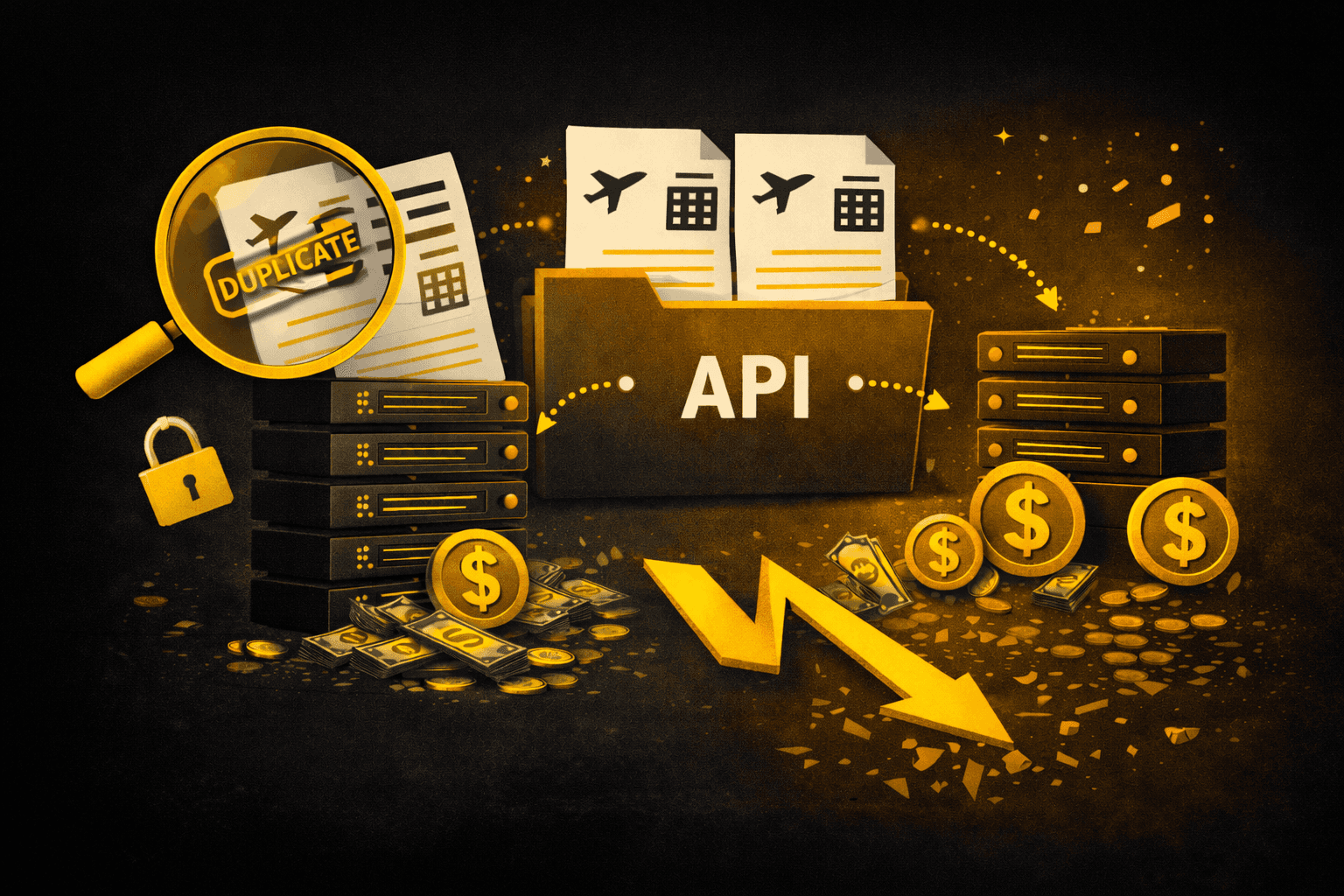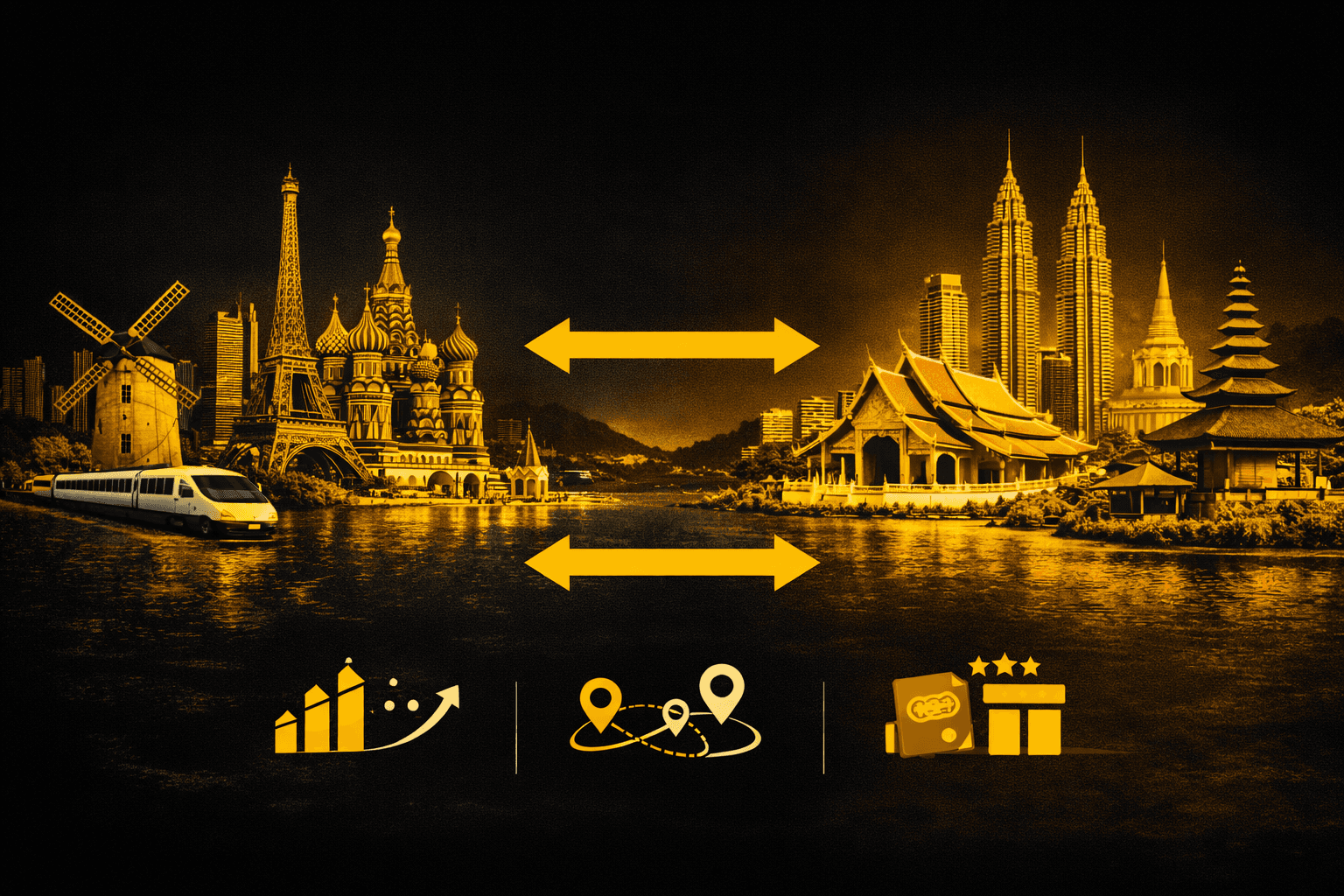Top 5 Detailed Use Cases of AI in Travel You Can Implement Right Now
Learn how AI is transforming travel with 5 practical use cases—improve personalization, automate support, optimize pricing, and boost safety.
Artificial Intelligence (AI) has rapidly become integral to innovation in the travel industry. By personalizing experiences, enhancing operational efficiency, and increasing revenue, AI solutions provide significant competitive advantages. Here are five detailed, actionable AI use cases with real-world examples illustrating tangible results:
1. Personalized Recommendations
Travelers increasingly expect experiences tailored specifically to their preferences. AI analyzes extensive customer data such as booking histories, browsing behavior, and social media interactions to provide highly personalized recommendations. For instance, Expedia's AI-powered recommendation system has increased conversion rates by approximately 25%. Implementing similar AI-driven personalization in your business can greatly enhance customer engagement and drive higher conversion rates.
2. Intelligent Chatbots for 24/7 Customer Support
Today's travelers expect instant support, regardless of the time. AI-powered chatbots can manage customer interactions efficiently, providing immediate assistance with bookings, inquiries, and problem-solving. For example, KLM Royal Dutch Airlines uses their chatbot "BlueBot," effectively handling thousands of customer interactions weekly, significantly reducing response times and service costs. Implementing intelligent chatbots can enhance customer satisfaction and streamline operational efficiency in your business.
3. Dynamic Pricing Optimization
AI-powered dynamic pricing allows travel companies to maximize revenue by adjusting prices based on real-time market data, customer behavior, and competitor pricing. AirAsia successfully implemented AI-driven dynamic pricing, resulting in a 10-15% increase in revenue. By adopting AI-driven pricing strategies, you can enhance profitability, optimize sales opportunities, and maintain competitiveness.
4. Enhanced Safety and Risk Management
Travel safety is paramount, and AI significantly improves risk management by analyzing real-time data streams including global events, weather forecasts, and geopolitical developments. International SOS employs AI systems to provide timely safety alerts, significantly improving their risk response and traveler security. Implementing similar AI-driven solutions in your business can enhance safety measures, provide proactive risk management, and build customer trust.
5. Facial Recognition for Seamless Travel Experiences
Traditional check-in processes can be tedious, but AI-powered facial recognition technologies streamline this by offering contactless, quick check-in experiences. Singapore’s Changi Airport successfully uses facial recognition technology, significantly reducing wait times and enhancing overall traveler satisfaction. By implementing facial recognition, your travel business can enhance customer experiences, reduce operational bottlenecks, and position your service standards at the cutting edge of technology.
By adopting these detailed AI use cases, your travel company can accelerate innovation, deliver superior customer experiences, and effectively position itself as a leading, tech-forward brand in the highly competitive travel landscape.




